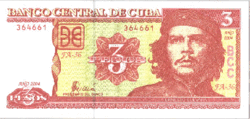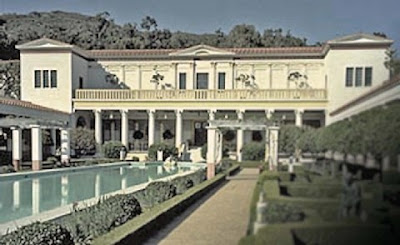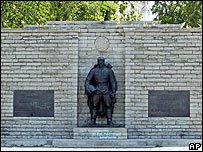
Naomi Kline talks about the body count of capitalism's latest stage of "development."
"I don't think our problem is money, lack of resources to act on these
basic ideas. Now, at the risk of being accused of economic populism, I
would just point out that in this city, the employees of Goldman Sachs
received more than $16 billion in Christmas bonuses last year, and
ExxonMobil earned $40 billion in annual profits, a world record. It
seems to me that there's clearly enough money sloshing around to pay for
our modest dreams. We can tax the polluters and the casino capitalists
to pay for alternative energy development and a global social safety
net. We don't lack ideas. Neither are we short on cash."
See Darwin's Nightmare for a graphic treatment of these ideas.




